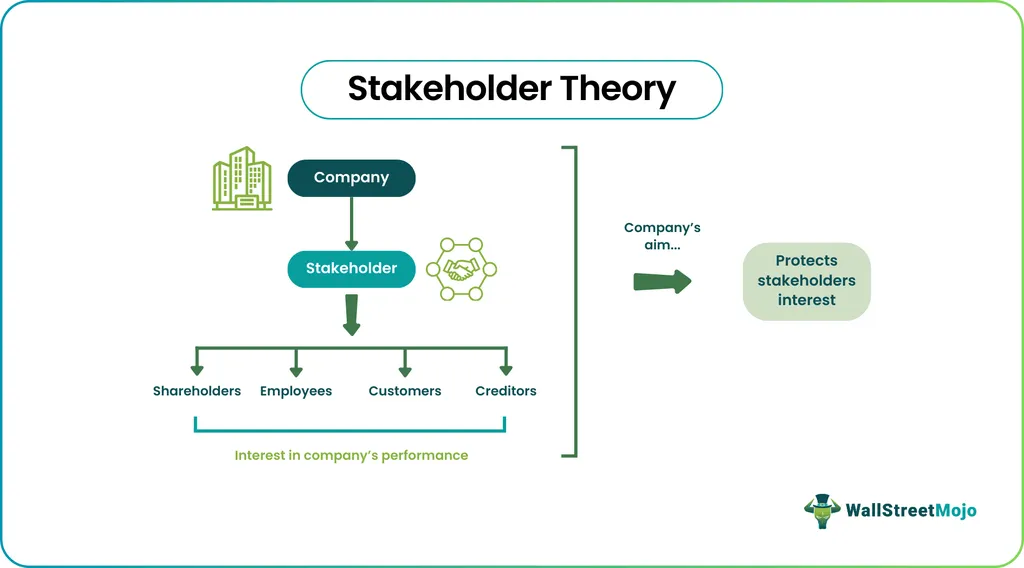In the ever-evolving landscape of the construction industry, a recent study has shed light on the application of two critical theoretical frameworks: stakeholder theory and shareholder theory. Led by Eunice Achina Agyemang from the University of Johannesburg, the research, published in *Construction Economics and Building* (translated to English as *Construction Economics and Building*), offers a systematic scoping review that could reshape how construction projects are managed and evaluated.
The study, which analyzed 1726 articles from Scopus and Google Scholar databases, revealed a significant preference for stakeholder theory over shareholder theory in construction studies. “Stakeholder theory is predominantly used in construction studies, with ‘stakeholder management’ being the most common theme,” Agyemang noted. This finding underscores the industry’s focus on managing relationships with various stakeholders, including clients, contractors, and communities, to ensure project success and sustainability.
In contrast, shareholder theory, which emphasizes maximizing value for shareholders, was found to be less explored. “There were only two main themes under shareholder theory, with ‘shareholder value creation’ being the predominant one,” Agyemang explained. The scarcity of research in this area highlights a gap that could be crucial for investors and developers seeking to optimize financial returns.
One of the most compelling aspects of the study is its call for the integration of both theories. “Remarkably, there is a notable lack of research that integrates these two theories,” Agyemang observed. This integration could address complex challenges in the construction industry, such as balancing financial goals with social and environmental responsibilities.
The implications for the energy sector are particularly significant. As the industry grapples with the transition to renewable energy and sustainable practices, understanding how to manage stakeholders effectively while maximizing shareholder value could be a game-changer. “This research highlights the opportunity for the integration of these theories to address complex challenges in the construction industry,” Agyemang said.
The study’s findings suggest that future research should focus on bridging the gap between stakeholder and shareholder theories. By doing so, the construction industry can develop more holistic approaches to project management, ensuring both financial success and sustainable development.
In conclusion, Agyemang’s research offers a roadmap for the construction industry to navigate the complexities of modern project management. As the industry continues to evolve, the integration of stakeholder and shareholder theories could pave the way for more sustainable, efficient, and profitable construction projects.

